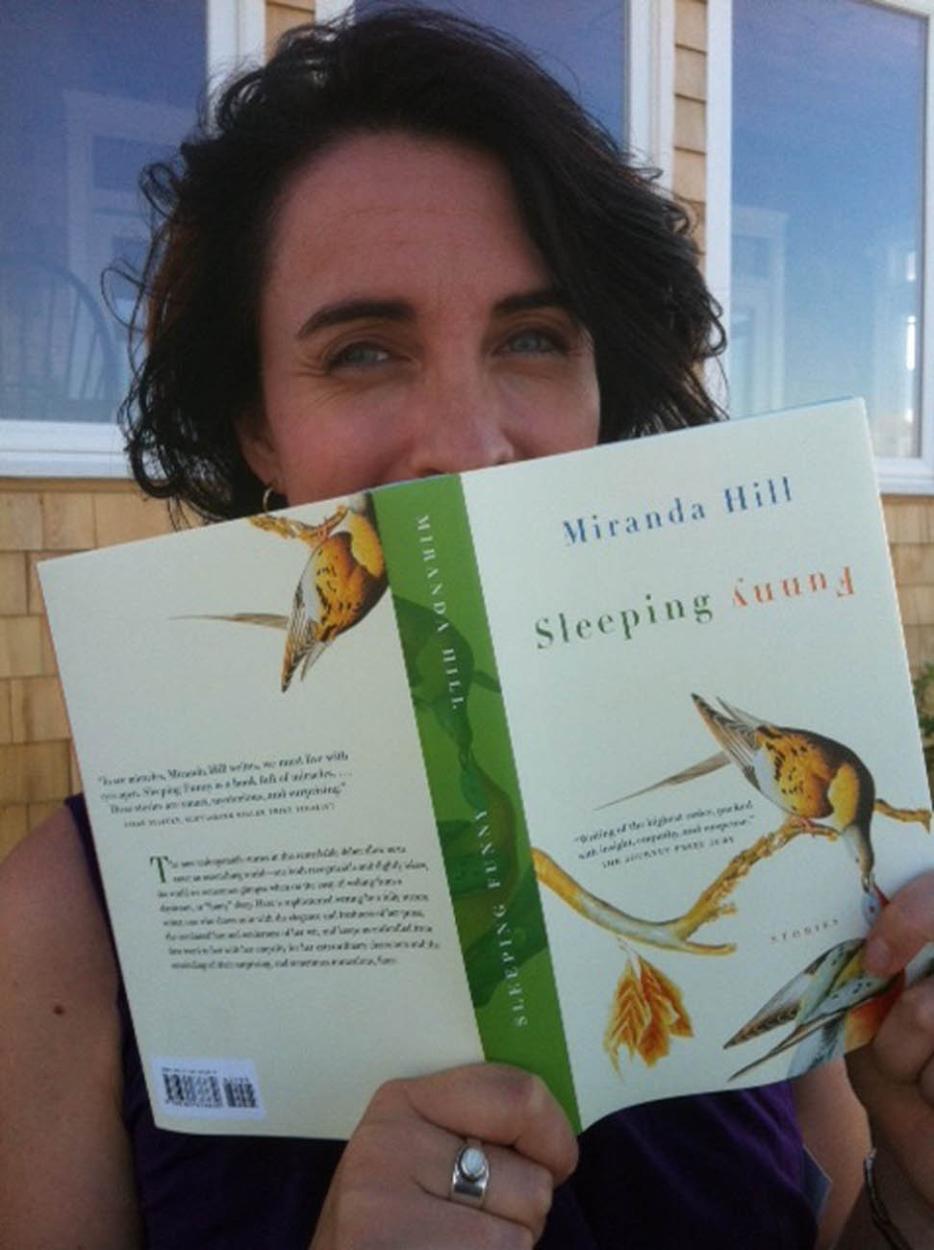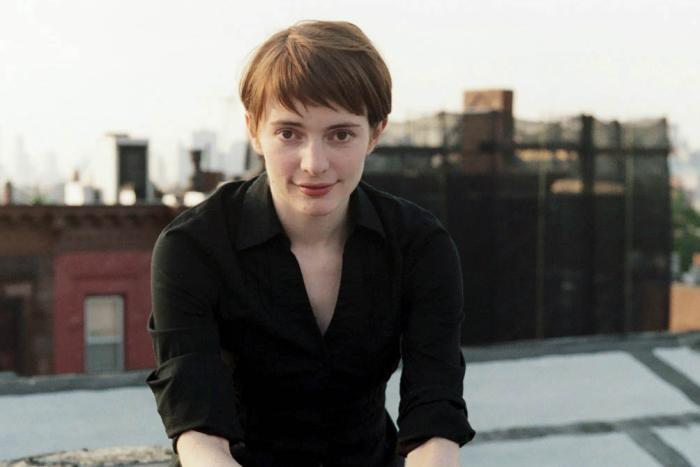Miranda Hill’s debut book, Sleeping Funny, a collection of nine short stories, weaves together an impressive mix of dream-like narratives brought to earth by compelling and complex characters. Hill won the 2011 Writer’s Trust/McClelland & Stewart Journey Prize for her story “Petitions to Saint Chronic,” which appears in Sleeping Funny. Hill is the founder of Project Bookmark Canada, an initiative that installs quotations from stories and poems in the physical locations where the stories are set. Hill lives in Hamilton and received her MFA in Creative Writing from the University of British Columbia. Hill talked to Hazlitt on the phone from the Vancouver Writers Festival, about her favourite short stories and the subversiveness of being authentic.
The characters in the book are so diverse. There’s a teen girl, a group of mothers, a reverend… how do you collect all those very different characters together to make it authentic?
When I’m writing them, I don’t think about how different they are. A lot of the time I think about how much like me they are. I think pretty much every character in the book that has any significant role in the story, has some element of me. In the case of the women in “The Variance,” when people say “who is this character based on?” I say they’re all me. They’re like me with better jobs. I would take things that are familiar to me, but in a smaller measure. For instance, am I worried about growing older? Of course I am. Everyone worries about that. But what if I took that fear and I blew it up with a bicycle pump and I made that fear the driving force for one of the characters.
In “The Variance” you have a group of neighbourhood women that are constrained and limited by the choices they make, who tend to be very judgmental of one another and themselves. When the character of Michal moves into their picturesque neighbourhood, her very presence and seemingly careless joie de vivre disrupts and challenges their way of thinking. How did you see that character and why did you create her?
I very much wanted that character to not be me. I wanted us to never hear from her, because she had to be unassailable really. If we got too close to her perspective we’d see her flaws and humanity that we all have. She had to be a symbol for these women. She had to be someone that the reader only saw from a distance. She’s fascinating to me because what is she really doing in the story? All she’s doing is being herself and that is dangerous in the very constructed, carefully regulated kind of place that her street is. It’s subversive somehow to just be yourself. So often we don’t allow ourselves that.
Although you write short stories, the world you create still has to be fully realized. Have you always written short stories?
I love short stories. To me, what you can do with the intensity of a short story is very different than what you can do in a novel. I love playing with that intensity. Trying to build the tension. Grabbing the reader in certain ways that I think the short story is best for. I also think that short stories are very much like life. If you and I go and have a coffee, you’re going to tell the story of what happened to you that day. You’re not going to say, “I was born in 1972…” those are great stories but that’s not the way we tell stories as people. We’re not looking at the great big arc, so I think short stories are closer to life than what you can do in a novel a lot of the time.
Did you find as you were writing there were short stories you were reading over and over again?
There were so many, and not just the stories, the writers themselves. I like to tear things apart when I read it. Not in a negative way, but just to say how did that happen? How am I suddenly gasping, on page 17, where’s the lead up? The pleasure for me is to try and figure out how the magic was made.
If I’m having trouble I’ll often point to John Cheever stories as having taught me how to signal to a reader that something is about to happen without putting it right up in their face. With Alice Munro, the story that is being told is often not the story you think you’re going to be told when you begin it. There’s a writer I admire in the States called Jim Shepard, and he writes a lot of historical short fiction. Some of the stories in my book are historical in nature, and that was inspired by what he was doing. There’s also an amazing writer, Deborah Eisenberg, who has written one of my favourite short stories ever, “Some Other, Better Otto.” If I was feeling a bit of despair I would just read this story over and over again because of the mood she sets. You read these things and curse them for being so great, but you’re also excited about the potential for trying.
In “Precious” you describe the damage inflicted when parents favour one child so intensely over another. Where did that story originate?
It’s from a dream I had. (Laughs) It’s the proverbial “author has a dream and writes a story.” I always thought people were just lying when they said that. Then I had this dream, it wasn’t what the story is exactly, but the beginning page of “Precious” and the end page were the concepts that I had when I woke up. It came out of worrying and making sure all your kids get what they need in equal measure. But equal measure does not always mean the same thing. Your attention can’t always be equally split. I was thinking what if the person I took my eye off for a while was actually the person who was in desperate need and I didn’t recognize it?
I love the character of Mrs. Knox…
Yes, she’s one of my favourite characters in the whole book.
There’s something very shamanesque about her in that story.
There are a lot of characters in the collection who have a magical element to them even if it’s not fully explored. We’re told that Mrs. Knox knows things. To me, she’s witch-like. And we think that she’s frighteningly witch-like, in the way that she holds power, but she also recognized something special about someone who had been looked over completely. I like fairy tales. I think that we also give people tons of power in our lives who don’t have it. We make people into these big mythical characters.
Miranda Hill will be at IFOA today as part of a special anniversary reading to celebrate 75 years in publishing for Doubleday Canada. Hill will appear with Chris Cleave, Jane Johnson, M.G. Vassanji, and Karen Thompson Walker. They will all read from their latest works. Charles MacPherson hosts. Hill is also reading at Parry Sound with Susan Swan, Ned Beauman, and Annabel Lyon on Oct 29th.






